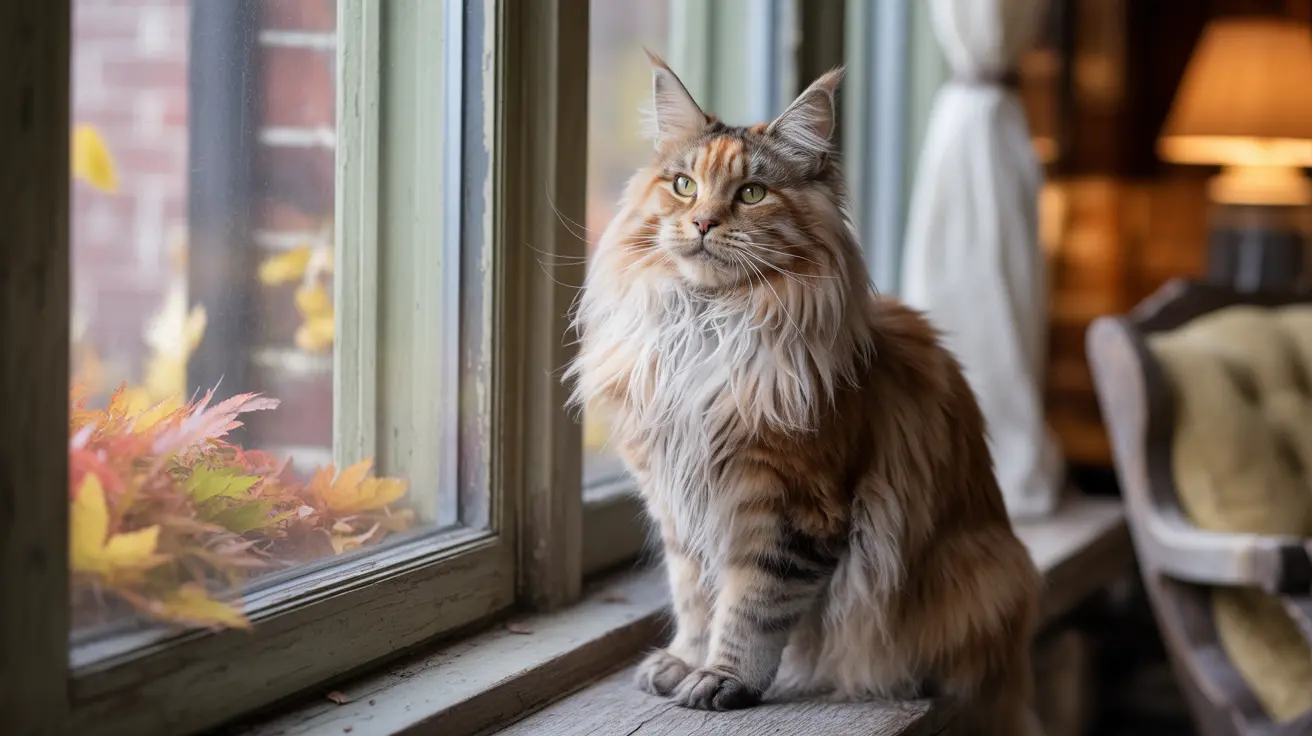Just like humans, cats can experience hiccups - those involuntary diaphragm spasms that catch us by surprise. While it might seem unusual to hear your feline friend hiccuping, it's actually a normal occurrence that most cat owners will encounter at some point. Understanding what causes cat hiccups and knowing when they might signal a problem can help you better care for your pet.
What Causes Cat Hiccups?
Cat hiccups occur when the diaphragm, the muscle separating the chest from the abdomen, experiences involuntary contractions. Several common factors can trigger these spasms:
Eating Habits
The most frequent cause of cat hiccups is related to eating behavior. Cats who eat too quickly or gulp their food often swallow excess air, leading to hiccups. This is particularly common in multi-cat households where competition for food might encourage rushed eating.
Hairballs and Grooming
When cats groom themselves, they can inadvertently swallow hair that may irritate their digestive system and diaphragm. This irritation can trigger hiccups, especially in long-haired breeds that naturally ingest more fur during grooming.
Recognizing Cat Hiccups
Cat hiccups might not always sound like human hiccups. They often manifest as:
- Quick, rhythmic spasms in the belly area
- Soft chirping or squeaking sounds
- Brief pauses in breathing followed by small gasps
- Slight jerking movements of the body
Prevention and Management
Several strategies can help reduce the occurrence of cat hiccups:
Mealtime Solutions
- Use slow-feed bowls or food puzzles
- Serve smaller, more frequent meals
- Elevate food bowls slightly to promote better posture while eating
Environmental Adjustments
Create a calm eating environment away from other pets to prevent rushed feeding. Regular grooming can help reduce hairball-related hiccups, especially in long-haired cats.
When to Seek Veterinary Care
While most cases of cat hiccups are harmless, certain situations warrant professional attention:
- Hiccups lasting longer than 24 hours
- Frequent hiccup episodes
- Hiccups accompanied by:
- Difficulty breathing
- Loss of appetite
- Vomiting or retching
- Lethargy or unusual behavior
Frequently Asked Questions
Why do cats get hiccups after eating, and how can I prevent it?
Cats typically get hiccups after eating due to swallowing air while eating too quickly. Prevent this by using slow-feed bowls, serving smaller portions, and creating a stress-free eating environment.
Can hairballs cause hiccups in cats, and what remedies can help?
Yes, hairballs can irritate the diaphragm and cause hiccups. Regular grooming, specialized hairball-control food, and petroleum-based hairball remedies can help prevent this issue.
How often is it normal for cats to hiccup, and when should I be concerned?
Occasional hiccups are normal, especially in kittens. However, if hiccups occur daily or last more than 24 hours, consult your veterinarian.
What are some effective ways to prevent hiccups in kittens?
For kittens, serve small portions, use shallow food bowls, and ensure they eat in a relaxed environment. Monitor their eating speed and consider specialized kitten bowls designed to prevent gulping.
Should I take my cat to the vet if their hiccups occur frequently or are accompanied by other symptoms?
Yes, if your cat's hiccups are frequent or accompanied by symptoms like difficulty breathing, vomiting, or lethargy, seek veterinary care to rule out underlying health issues.






